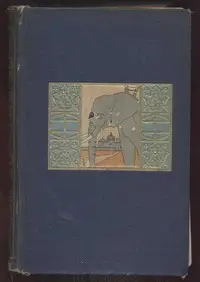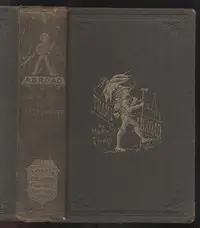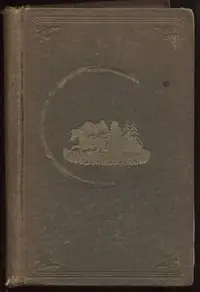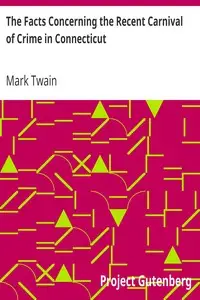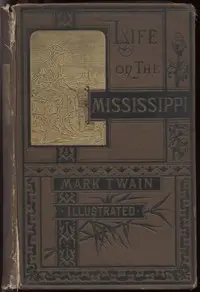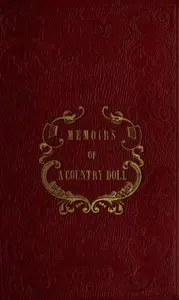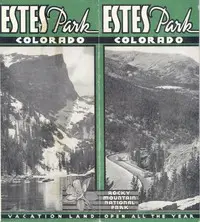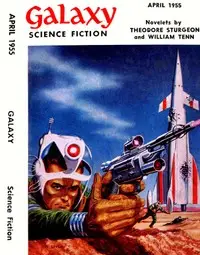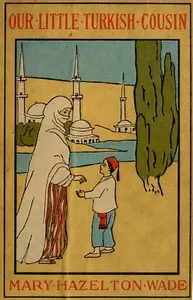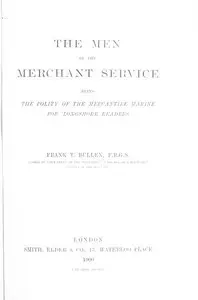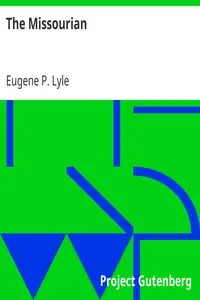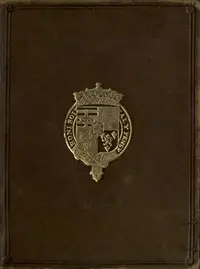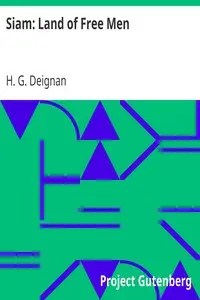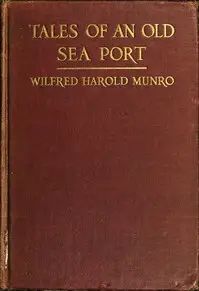"Is Shakespeare Dead?" by Mark Twain is a reflective and satirical treatise on the authorship of Shakespeare’s works, written during the early 20th century. In this work, Twain grapples with long-standing debates over who truly wrote the plays attributed to Shakespeare, questioning the historical record and delving into the inconsistencies surrounding the poet's life. The narrative combines Twain's autobiographical anecdotes with a sharp critique of literary pretensions and the human tendency to believe in grand claims without substantial evidence. The opening of the book introduces Twain's perspective on the elusive nature of historical truths, particularly regarding Shakespeare. He shares recollections of discussions with a passionate pilot named Ealer, who held firm beliefs about Shakespeare's authorship, which Twain initially supported. However, as the dialogue progresses, Twain's skepticism grows, leading him to adopt a more nuanced stance. He reflects on the contradictions in Shakespeare's background and the scant evidence of his literary genius, positing that the legendary figure may not have penned such profound works. This mix of humor and critique sets the stage for Twain's examination of the broader implications of literary legends and the nature of belief itself. (This is an automatically generated summary.)

Is Shakespeare Dead? From My Autobiography
By Mark Twain
"Is Shakespeare Dead?" by Mark Twain is a reflective and satirical treatise on the authorship of Shakespeare’s works, written during the early 20th ce...
Samuel Langhorne Clemens, known by the pen name Mark Twain, was an American writer, humorist, and essayist. He was praised as the "greatest humorist the United States has produced," with William Faulkner calling him "the father of American literature." Twain's novels include The Adventures of Tom Sawyer (1876) and its sequel, Adventures of Huckleberry Finn (1884), with the latter often called the "Great American Novel." He also wrote A Connecticut Yankee in King Arthur's Court (1889) and Pudd'nhead Wilson (1894) and cowrote The Gilded Age: A Tale of Today (1873) with Charles Dudley Warner.

